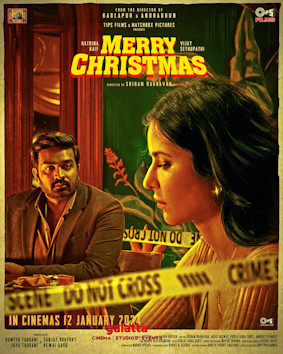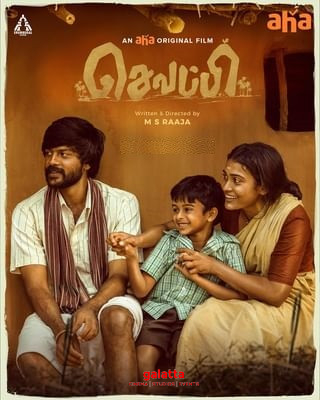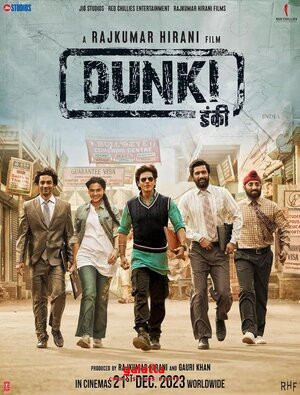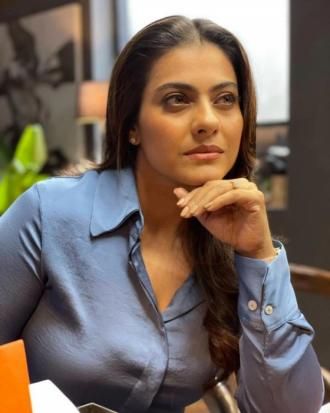Anubhuti Movie Cast & Crew
In his second feature, Anirban Dutta gets credited for – among many other aspects – the story, screenplay and direction. But unlike other films, these individual components of cinematic storytelling cannot be separated in Anubhuti, which is a dialogue-free amalgamation of verse and music, dance and emotion. Every element exists in such a fused state that perhaps the most ideal credit would be that for mise-en-scène. Let’s say you walked in around the 50th minute. You will not see the faces of the actors playing Krishna, Meera and Radha: Aritraa Sengupta, Shamila Bhattacharya, Rittick Bhattacharya. Instead, you’d find their feet in a single sensual frame. One pair of feet is blue; the other two belong to Meera and Radha. Coloured powder is (slowly) being applied by these feet, smeared on these feet – it’s shringar ras as we have never seen on screen. Toy pigeons and peacock feathers complete the visual composition. As in every other frame in this unusual movie, cinematographer Soham Dey is in no hurry to move away. The long-felt emotion is expressed in a long take.
Anubhuti opens with a (long-held) image of a woman holding a peacock feather. Her eyes are filled with tears. Her ears are filled with the sound of the flute. Vaishali Sinha is the composer, and with Pandit Ajoy Chakrabarty, she drenches the movie with Meera Bai’s “greatest hits”, songs that survive to this day – not just as carvings on the edicts we see from time to time, but as part of the concert repertoire. A sampling: ‘Main to sanware ke rang rachi’, ‘Payo ji maine Ram ratan dhan payo’, ‘Jo tum todo piya’, and ‘Hari tum haro jan ki pir’. Through these songs, Meera projects herself into the Krishna-Radha universe in Vrindavan: a kind of cross-disciplinary time travel, if you will, from the pages of history to the pages of mythology. Meera becomes part of the very things she would later write about. And now she gets to feel these feelings, first-hand.
The film is structured like a series of tableaux, backed by music, and the imagery is often stunning. When you see Radha and Krishna in a slightly dilapidated house, it really feels like something that might have been in Vrindavan. At another point, Radha and Meera have a confrontation. Krishna is nowhere in sight… until you note that the ear ornaments of both women are shaped like peacocks. Even when He is not physically there, He’s there. Another beautiful tableau has Krishna applying colour to Radha and Meera, both with their heads on his lap. Anubhuti is a meditative mood piece that you unpack in your mind, and even if the exact “meaning” of each frame is sometimes elusive, you always get the sense of it, because we know these stories, these emotions. Dancing, caressing, arguing, loving – the trio slips easily from one act to the next. And Meera succeeds in making her Krishna as earthly as she is. She transforms a God into a Man.



















